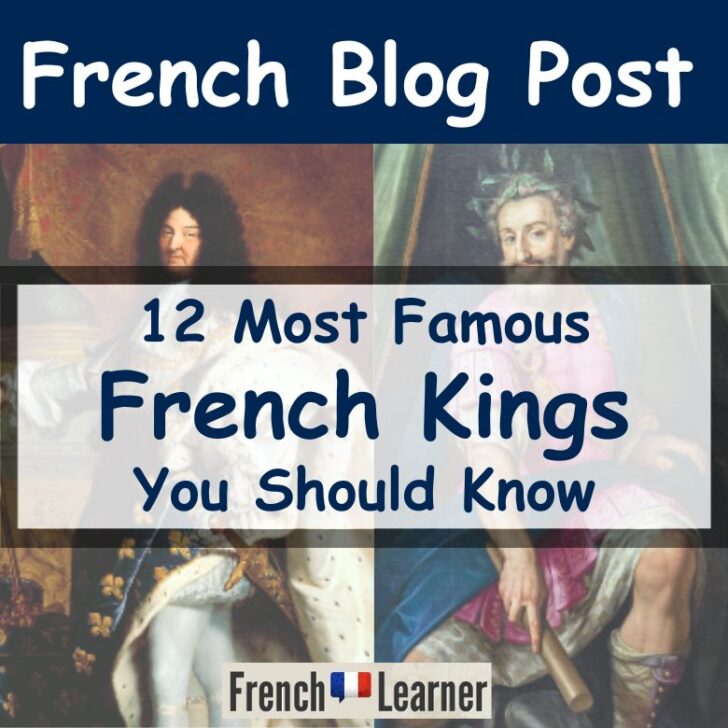For over 1,300 years, French history was written by her kings and emperors. For better or worse, some left a mark that endures. Here are 12 famous French monarchs who helped build the France we know today.
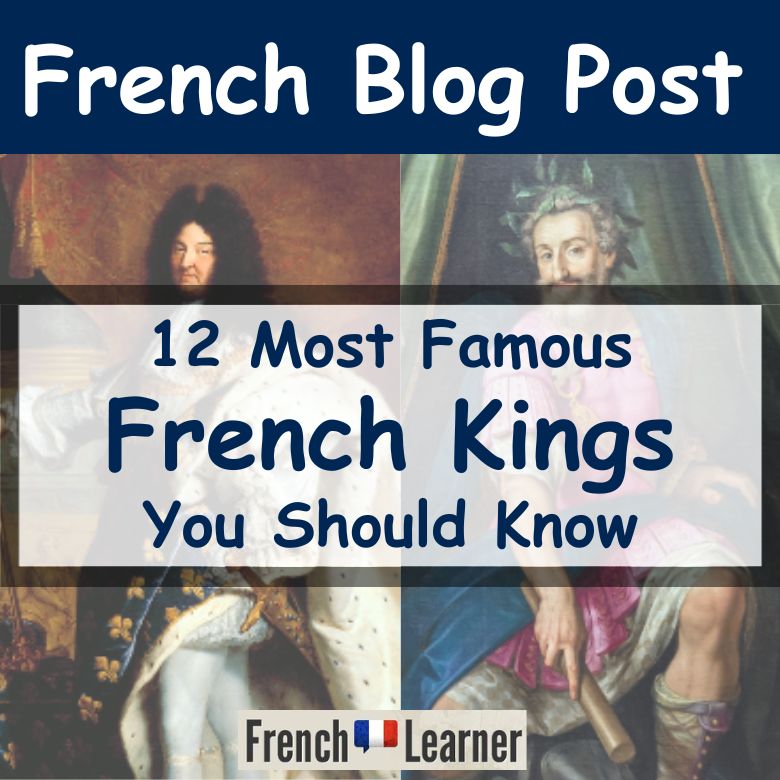
Famous French kings in history:
- Clovis I (ruled 481 – 509)
- Charlemagne (ruled 768 – 814)
- Hugh Capet (ruled 987 – 996)
- Guillaume le Conquérant (ruled England 1066 – 1087)
- Louis IX (ruled 1226 – 1270)
- Philippe le Bel (ruled 1284 – 1314)
- François I (ruled 1515 – 1547)
- Henri IV (ruled 1589 – 1610)
- Louis XIV (1638 – 1715)
- Louis XVI (ruled 1774 – 1792)
- Napoleon Bonaparte (Emperor from 1804 – 1814/15)
- Napoleon III (President from 1848 – 1852 & Emperor from 1852 – 1870)
Clovis I (ruled 481 – 509)

We start with the very first king of France, Clovis.
Although born in modern-day Belgium (Tournai), Clovis united the Frankish tribes under one rule following the collapse of the Roman Empire.
Successfully seeing off threats from Visigoths and other tribes, he conquered Paris in 486 and established it as the capital of his new realm. During the process, he converted to Christianity and became the most powerful monarch in Europe.
The Frankish realm would later become the first kingdom of France. His legacy is immeasurable.
Charlemagne (ruled 768 – 814)

Born Carolus Magnus of the Carolingian Dynasty, Charlemagne is a name that resonates through the ages.
The King of the Franks would become the Holy Roman Emperor (800 – 814) with influence across Christian Europe. He is often called the “Father of Europe”.
Conquests throughout what is now France and Italy helped unite Western Europe under one religion.
But he was more than a warrior king. He prized education and culture (even though he was illiterate) and helped reshape European identity.
Beatified as Charlemagne the Great in 1179, he will always be remembered as one of the most influential French monarchs. No surprise, his biography is a fascinating read.
Hugh Capet (ruled 987 – 996)
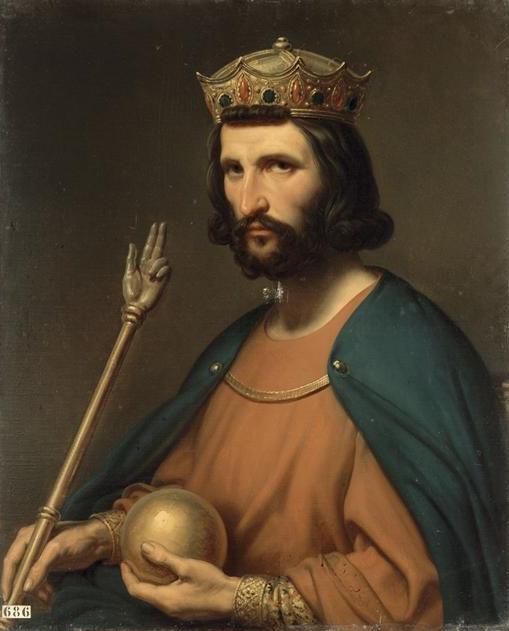
Hugh Capet founded a dynasty in his name, the House of Capet.
Even though his reign as a French monarch was relatively short-lived, he used Paris as a power base to consolidate Frankish regions under one rule. For that, he is considered the founder of modern France.
The direct Capetian bloodline died out in 1328, replaced by the House of Valois, another branch of the family,
Yet, the Capetian dynasty continued in Spain and the Duchy of Luxembourg. The current king of Spain, Felipe VI, is a direct descendant, making it the oldest surviving European royal dynasty.
Guillaume le Conquérant (ruled England 1066 – 1087)
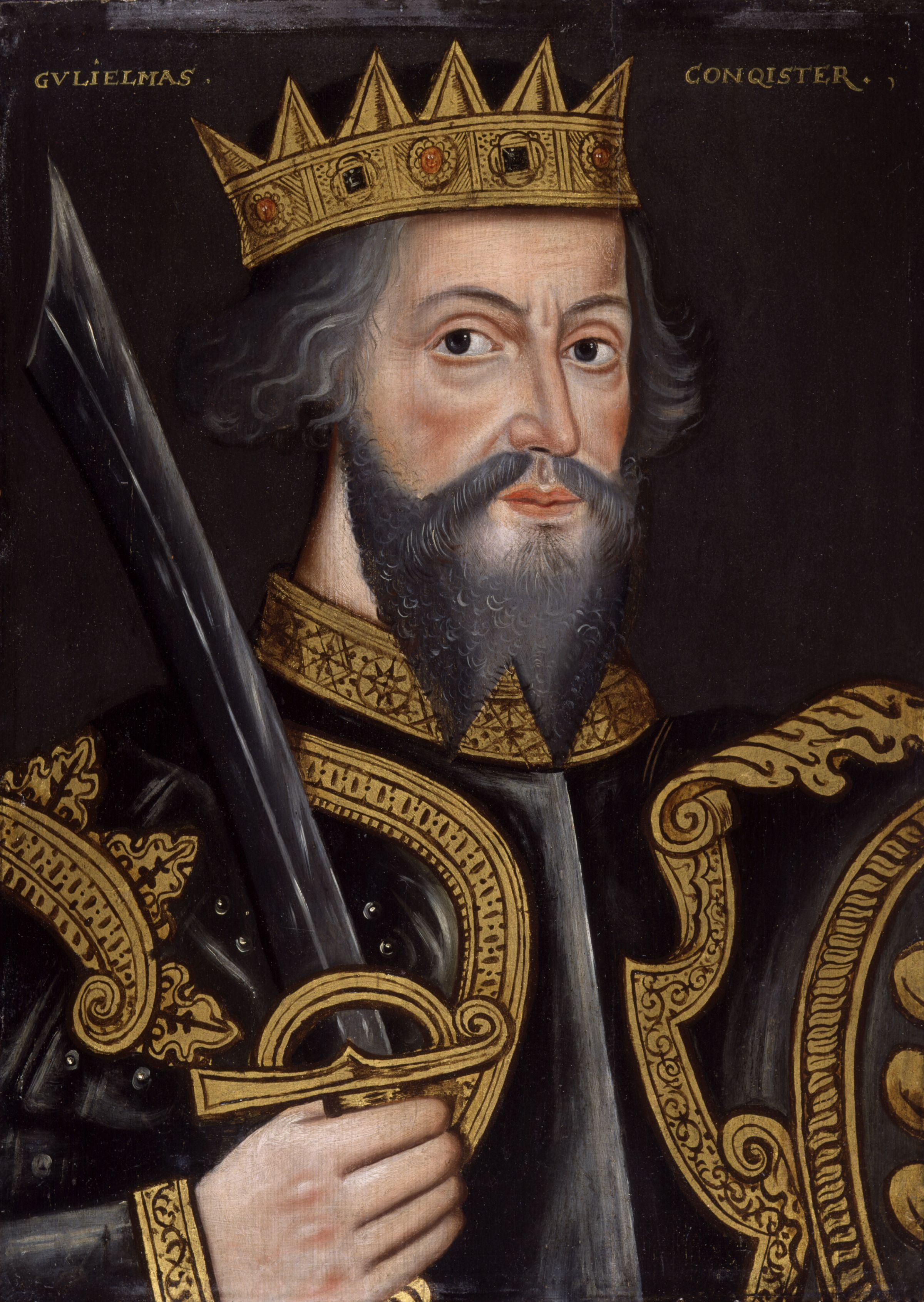
Guillaume le Conquérant is better known in England as William the Conqueror. Or, less ceremoniously, as William the Bastard.
Unlike the other French monarchs on this list, he never ruled France. Instead, the Duke of Normandy, who claimed he was promised the English Throne (the ‘Bastard’ title mattered), forcibly took the crown of England during the Norman Conquest of 1066. The Bayeux Tapestry faithfully depicted the infamous events.
King William I of England left his stamp all over Britain.
He built the Tower of London (one of many Norman castles), instigated the Harrying of the North, whose scars are still felt today, created the first English census (the Doomsday Book), and much more. In short, he rewrote the history of England.
Countless books have been written that do justice to his impact. Try William I by Marc Morris for one of the best insights.
Louis IX (ruled 1226 – 1270)

Louis IX, of the House of Capet, became king at 12 years old and ruled for over 40 years. Canonized in 1297, Saint Louis is the only French king with official sainthood status.
During his long reign, Louis’s arts patronage fueled a boom in Gothic architecture. Most strikingly, the majestic Saint Chapelle in Paris.
Less positively, he also led the Seventh Crusade (1248 – 1254), at one point being captured in Egypt and released for a literal king’s ransom. His subsequent fortification of Jerusalem sat well with the Vatican during the beatification process.
Remembered as one of the most benevolent French monarchs, in France at least, Louis IX’s reign is known as the “golden century of Saint Louis”. It stretches the definition of a century, but neatly sums up his impact.
Philippe le Bel (ruled 1284 – 1314)
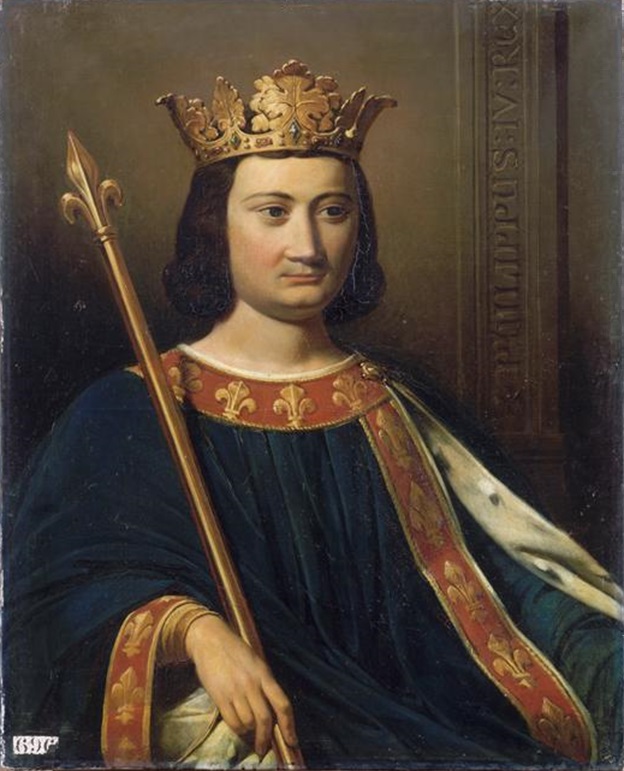
Philip le Bel, AKA Philip the IV, is widely remembered in France for his good looks. His handsomeness earned him the nickname “Philip the Fair.” And the epithet “Bel,” which means beautiful.
Like all French monarchs of the period, his reign was characterized by war. However, he was also known for his diplomacy and willingness to negotiate.
When his three male heirs, all future French monarchs, died without fathering a son, the House of Capet expired with them.
More profoundly, it precipitated a succession crisis that sowed the seeds for the Hundred Years War (actually a series of wars over 116 years, but who’s counting?).
François I (ruled 1515 – 1547)
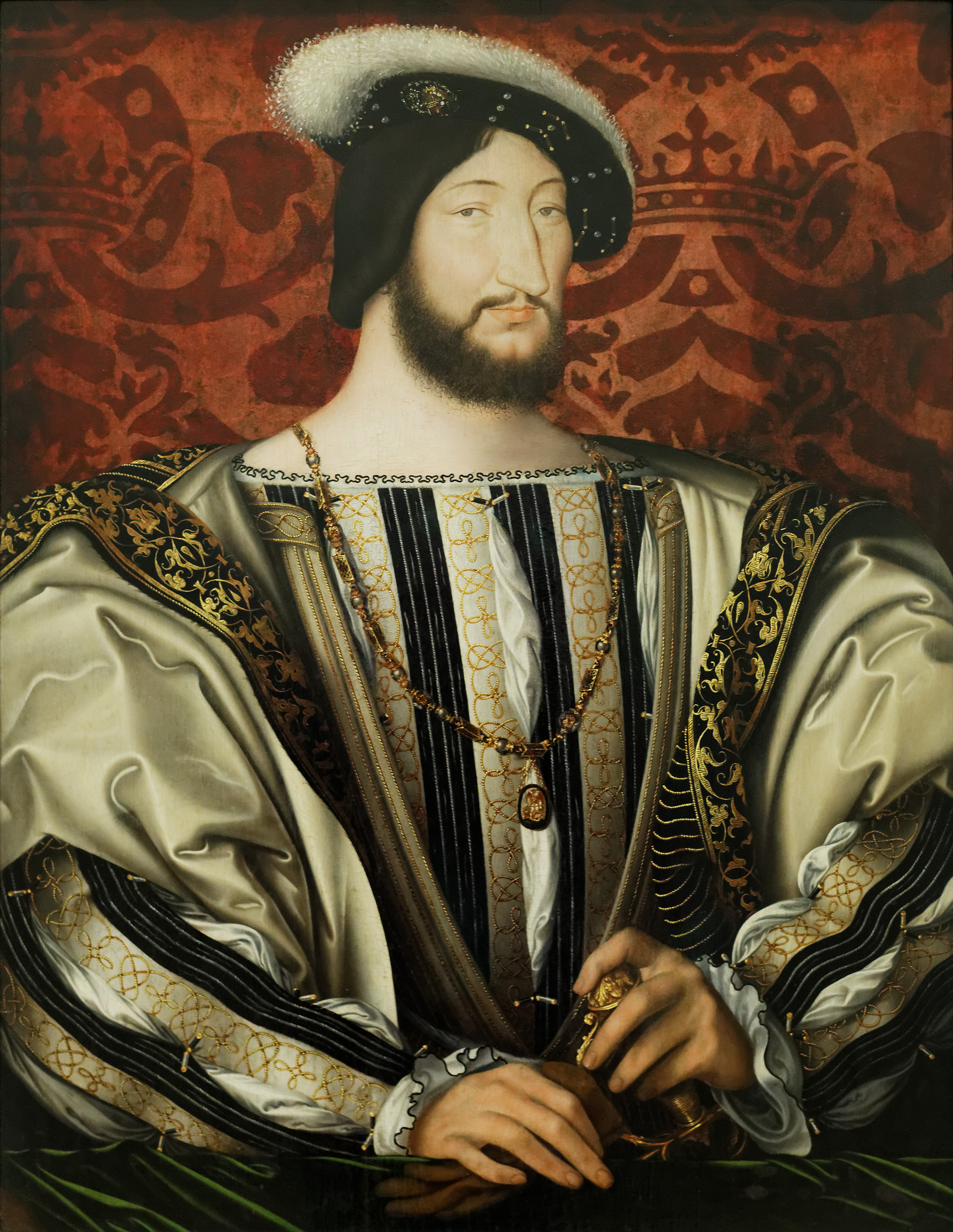
Patron of arts, a man of letters, and a rampant colonialist, François I (Francis I) had an outsized impact as a French monarch.
He was the force behind the start of the French Renaissance, illustrated by his support for Leonardo Da Vinci (which is how the Mona Lisa ended up in France).
He led the way in building castles in the Loire Valley with his castle cum hunting lodge, Chambord, one of the most striking of all chateaux. Rumors abound that da Vinci designed the famous double-helix staircase.
And he also started building the first overseas French empire, claiming Newfoundland in Canada and briefly laying claim to New York, which was renamed New Angoulême.
François was also a driving force behind the formalization of the French language. So you can partially thank him for making our learning a little easier.
Another French king whose impact is impossible to quantify, you might want to grab one of his biographies to learn more about how he reshaped France.
Henri IV (ruled 1589 – 1610)

Le bon roi Henri (Good King Henry) lived up to his moniker. The first of the House of Bourbon, the final royal house to rule France, was a stark contrast to the last Bourbon, Louis XVI.
Yet, he met a similarly grim fate; assassinated by a catholic terrorist for daring to reconcile protestants and Catholics in France following the French Wars of Religion (1562 – 1598) that had torn the nation apart. And that was despite converting from Protestantism to Catholicism himself.
His most profound decision was to issue the Edict of Nantes (1598) to end the civil war, promoting an unheard-of freedom of religion. It is hailed as one of the boldest decisions by any French monarch.
Louis XIV (1638 – 1715)

Louis XIV, the Sun King, ruled for 72 years; longer than any monarch in history. He is considered the most accomplished of all French kings.
Ruling from the Palace of Versailles he built, he oversaw conquests and territorial expansions across the globe that established France as the preeminent global power.
He also oversaw the economic transformation of France, fostering industrial innovation and promoting the arts. He was the benefactor of Molière, one of the most famous of all French writers (French is oft-called the “Language of Molière”).
Americans may remember the Sun King as bringing the French Empire across the Atlantic.
Yet he’s another French king whose achievements are too long to detail (Louis XIV: The Power and the Glory by Josephine Wilkinson does a good job). And no French monarch save Napoleon Bonaparte left such an acute impact on French history.
Louis XVI (ruled 1774 – 1792)
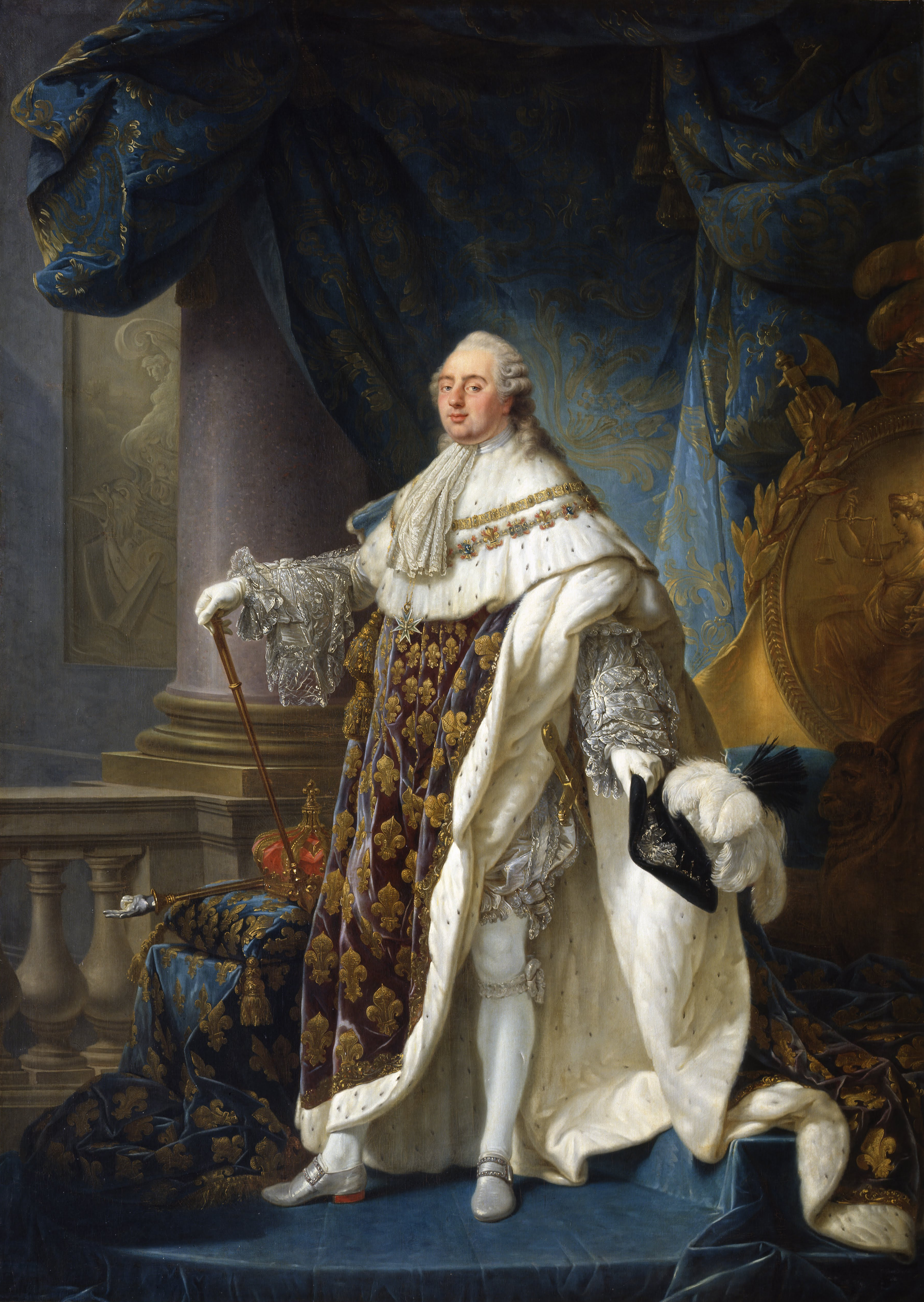
Louis XVI would likely be a footnote in French history if not for two world-changing revolutions.
For the French, the husband of Marie Antionette achieved little more than upsetting the masses through a tone-deaf extravagance that precipitated the most seismic event in French history, the French Revolution of 1789.
However, Louis XVI was the sovereign who supported the American Revolution.
Although widely different from the Revolutionary flames fanned in France, he apparently learned no lessons from the New World.
His ill-fated attempt to flee saw him imprisoned and, alongside his queen, executed in 1793. Thus, earning notoriety as the last king of France.
Napoleon Bonaparte (Emperor from 1804 – 1814/15)

A list of French monarchs should have ended with Louis XVI.
Yet, defying all odds, the monarchy returned with the installation of the all-conquering general, Napoleon Bonaparte, the first Emperor of France.
The Corsican artillery officer who rose through the ranks suppressing counter-revolutionary forces and restoring stability to a fractured nation built his name as the consummate military strategist.
Austerlitz, Marengo, and many other battles were won as France reestablished itself as the leading continental force.
In 1804, the state conferred upon him the title of Emperor. In the subsequent years, France was in a constant of war.
Despite that, Napoleon found time to transform legal systems (the Napoleonic Code still underpins the civil laws of many European countries) and promote the arts and education.
Ultimately, it took defeat on the battlefield to dislodge France’s most impactful monarch. First at Leipzig in 1814. Then, following his triumphant return from exile, decisively at Waterloo in 1815.
He died in exile on the tiny island of Saint Helena, a broken man.
Still a divisive figure in Europe, there’s no denying that Napoleon was more than a great French monarch; he is a giant of history.
Napoleon III (President from 1848 – 1852 & Emperor from 1852 – 1870)

Finally, we reach the last French monarch to rule France.
Napoleon III gained power after yet another revolution, one that ended the Second Republic and began the Second French Empire.
The son of Napoleon’s brother, Louis Bonaparte, Napoleon III learned many lessons from the previous century’s revolutions.
Although involved in several European conflicts, this time as part of the Western coalition (notably during the Crimean War of 1854-56), his most telling legacy was in the arts and architecture.
As sovereign, he oversaw Haussmann’s epic renovation of Paris. He also commissioned the magnificent Paris Opera building (Palais Garnier) and two of the capital’s major rail hubs.
Like his uncle, a battlefield defeat hastened his departure. The loss of the Franco-Prussian War (1870-71) was a national tragedy and personal defeat. He was captured as a POW and subsequently sent to England in exile. He never returned.
In 1871, the Third Republic was formed. And over 1300 years of French monarchy came to a permanent end.

